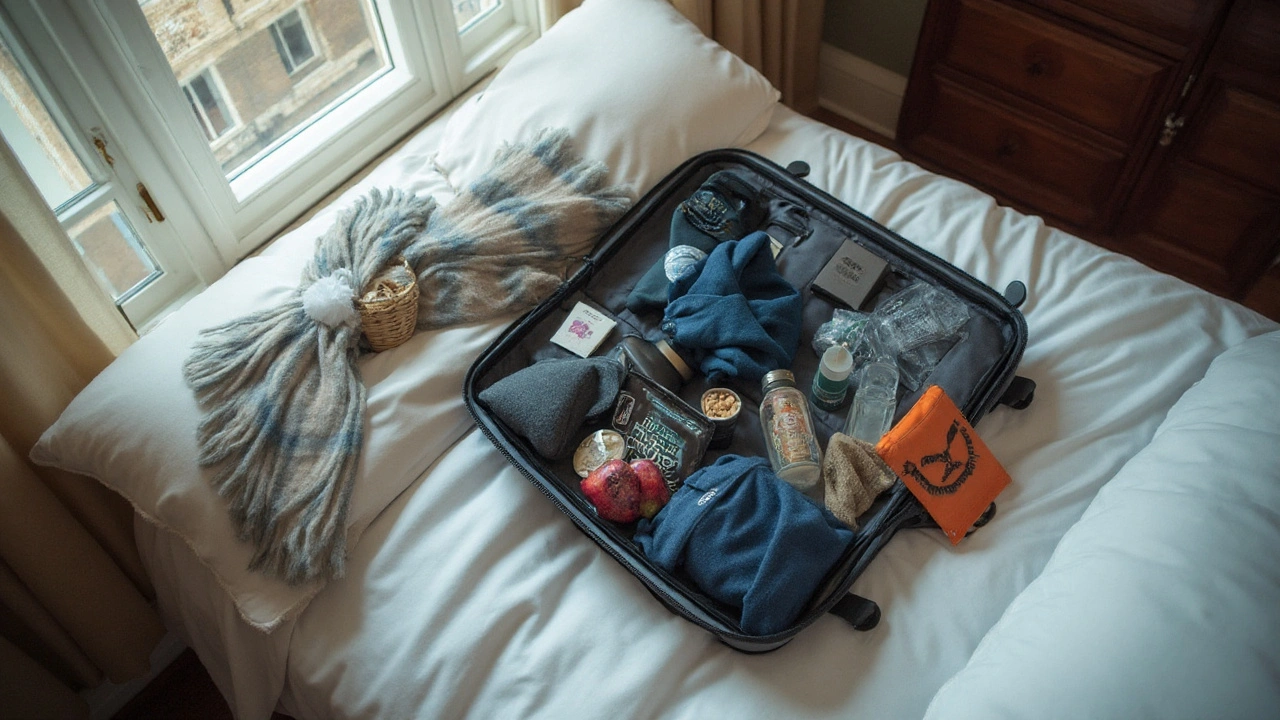ProJuice+ Detailed Review – Your Ultimate Guide to Nutritional Supplements
Dec 8 2023 - Health and Wellness Reviews
Crossing several time zones can leave you feeling groggy, moody, and out of sync. The good news? You don’t have to suffer for days. With a few easy habits you can reset your body clock in a couple of nights and enjoy your trip instead of nursing a headache.
Start adjusting your schedule a day or two before you leave. If you’re heading east, go to bed 30 minutes earlier each night; if you’re heading west, stay up 30 minutes later. This small shift eases the jump when you land. Also, hydrate well – dehydration makes jet lag feel worse. Pack a reusable water bottle and sip regularly, even if you don’t feel thirsty.
Choose a flight time that matches your destination’s daytime. A morning arrival lets you stay active right away, while a night landing gives you a natural cue to sleep. If you can, pick seats near the window so you can control the light exposure.
Light is the strongest signal for your internal clock. When it’s daytime at your destination, open the shades and walk around the cabin. When it’s night, dim your screen, use an eye mask, and avoid bright screens. Some travelers bring a small lamp that mimics sunrise or sunset to help the body adapt.
Eat light, protein‑rich meals and avoid heavy carbs and alcohol. Heavy foods and booze can disturb sleep patterns and make you feel sluggish. A handful of nuts, a piece of fruit, or a protein bar works well. Keep your legs moving – stand up, stretch, or do ankle circles every hour to keep circulation healthy.
Consider a short‑acting melatonin dose (0.5‑3 mg) about an hour before you plan to sleep at your destination. Melatonin can give your body a nudge toward the right sleep time without lingering grogginess.
When you land, get outside as soon as you can. Natural sunlight is the ultimate reset button. A 20‑minute walk in the bright morning sun can jump‑start your rhythm. If you can’t get sunshine, sit near a bright window and keep the lights on.
Stay active during the first day. Light exercise – a brisk walk, light jog, or short yoga session – helps your body catch up. Avoid long naps; if you must nap, limit it to 20‑30 minutes early in the afternoon so it won’t interfere with nighttime sleep.
Lastly, be patient with yourself. Most people need a day per time zone to feel normal, but the tips above can shave that time in half. If you still feel off after a couple of days, keep a regular sleep schedule, limit caffeine after noon, and keep your bedroom cool and dark.
Travel should be exciting, not exhausting. By tweaking light, food, movement, and a bit of melatonin, you can beat jet lag and make the most of every destination.

A practical, evidence-backed playbook to eat, hydrate, sleep, and stay well on the road-without gimmicks. Smart packing lists, meal moves, jet lag fixes, and FAQs.
read more© 2026. All rights reserved.
